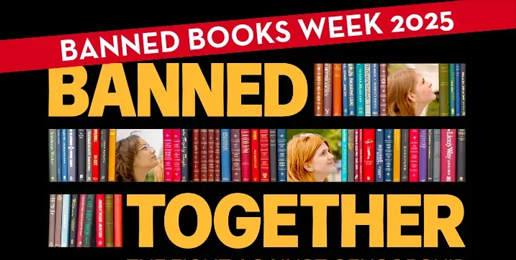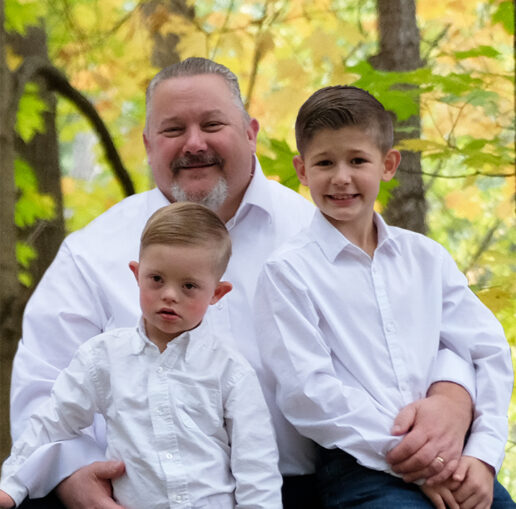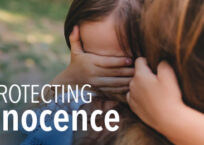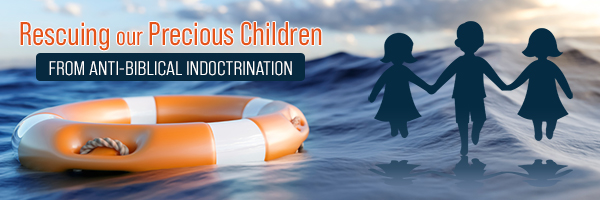
The annual “Banned Books Week” has returned, led once again by the radically left-wing American Library Association (ALA) and its coalition of activist groups. The ALA believes and defends the right of everyone to have access to all material regardless of age and content.
Year after year, they mislead the public by claiming that certain books are “banned” in the United States. These organizations include:
| American Society of Journalists and Authors | Amnesty International USA |
| Association of University Presses | Authors Guild |
| Children’s Book Council | Comic Book Legal Defense Fund |
| Foundation for Individual Rights and Expression | Freedom to Read Foundation |
| GLAAD | Index on Censorship |
| Little Free Library | National Book Foundation |
| National Coalition Against Censorship | National Council of Teachers of English |
| PEN America, | People For the American Way |
| PFLAG | Project Censored |
With help from their allies in the legacy media, they push a narrative that this campaign is about “intellectual freedom” and shielding content from “censors,” “parental tyrants,” and “community fascists.” But here are the real questions that rarely get asked:
-
If so-called banned books are readily available online, in bookstores, and in public schools and libraries, why insist on falsely labeling them as “banned”?
-
What specific books are these activists promoting?
-
Whose voices are they elevating during this annual campaign?
-
And what messages are they actually trying to silence?
A Week with an Agenda
According to an article by American Family News (AFN), Banned Books Week is being intentionally aligned with LGBTQ History Month at many schools, with organizers seeking to showcase works that highlight LGBTQ identities, experiences (many sexual in nature), and “role models.” The move isn’t publicly framed as ideological, but the choices of which books to feature—and which to ignore—make that bias obvious.
Linda Harvey of Mission America warns that many school libraries will push age-inappropriate materials on topics like gender transition and abortion under the guise of inclusivity. Her call is for parents to be vigilant: walk through the library displays, take pictures, talk to administrators and school boards.
IFI is often reluctant to cite examples, but let’s be honest: “age-inappropriate” doesn’t even begin to describe the depravity being pushed on young, innocent minds. WARNING: EXPLICIT CONTENT Click HERE.
If this material is offensive and degrading to us as adults, how much more dangerous is it for children? Shouldn’t we do everything in our power to shield them from it—and insist that schools stop exposing them to it? After all, whose children are they?
But here’s the side you won’t hear about in the mainstream coverage. For years, IFI and other conservative voices have pointed out that while the Left loudly champions certain “progressive” books—often with sexual and LGBTQ themes—they quietly ignore or dismiss others. Books that uphold traditional values, critique modern sexual ethics, or defend faith-based morality are excluded from the conversation.
In truth, this campaign isn’t about “intellectual freedom” at all. It’s about promoting one set of voices while silencing another. The message to parents and communities is unmistakable: wholesome, faith-affirming perspectives have no place on the shelf.
Ironically, it is parents, grandparents and community members who are the ones advocating for true responsibility—raising concerns about age-inappropriate material, especially sexually explicit content or LGBTQ+ themes in schools and libraries. Yet Banned Books Week routinely dismisses these legitimate concerns as “censorship” and caricatures parental oversight as anti-family.
Why the Silence Matters
When only a certain subset of voices gets amplified, we start to get a distorted picture of “diverse ideas.” Instead of true intellectual freedom, we get curated controversy—a selection of edgy, provocative narratives that align with prevailing cultural or progressive norms. Meanwhile, works that challenge those norms quietly disappear from the conversation.
This isn’t just unfair—it’s dangerous. Why? Because young people are impressionable. If the only stories they read are ones that glorify a particular lifestyle or worldview, it subtly becomes the default. Dissenting voices are marginalized not by censorship laws but by invisibility.
What Parents & Concerned Citizens Should Do
Given this landscape, here’s what you can do if you believe in truly balanced exposure and protecting children from undue influence:
-
Survey the library shelves – Walk the halls. Check displays during Banned Books Week. Take photographs. Record which titles are being spotlighted—and which are conspicuously missing.
-
Engage your library/school board or PTO – Ask about the selection criteria. Demand transparency. Are there guidelines for what counts as “educational” or “age-appropriate”?
-
Own your voice – If you’re a parent, grandparent, teacher, or a local taxpayer, make suggestions (favoring books that reflect your values). Request that alternative works be displayed or discussed. If any of these explicit books are in your school library and your suggestions for alternative works are ignored, bring this list to the attention of other parents. Urge them to attend school board meetings with you. Read the content at the meeting, asking the board if they would read the book(s) to their children or grandchildren. Ask that the books be replaced with wholesome and uplifting content that isn’t shocking or confusing to children.
-
Teach discernment, not just exposure – Exposure without context is dangerous. Encourage critical thinking—help young people understand why a work might be problematic or valuable, rather than just accepting it uncritically.
-
Support independent alternatives – There are Christian or value-driven bookstores, reading groups, and homeschooling networks putting forward books that the mainstream pushes aside. Promote those.
The Bottom Line
Banned Books Week isn’t a neutral celebration of free expression. It’s a carefully staged campaign to promote certain content, disparage conservative values, and undermine parental authority—all while masquerading as open discourse. In reality, the books that are intentionally absent reveal far more about the organizers’ agenda than about any supposed defense of intellectual liberty.
If we truly care about freedom—not just for the ideas we agree with, but for those we may not—then we cannot afford to be passive observers. Be vigilant. Ask the hard questions. Demand fairness. And ensure that the books that uphold truth and faith don’t fade into silence.























